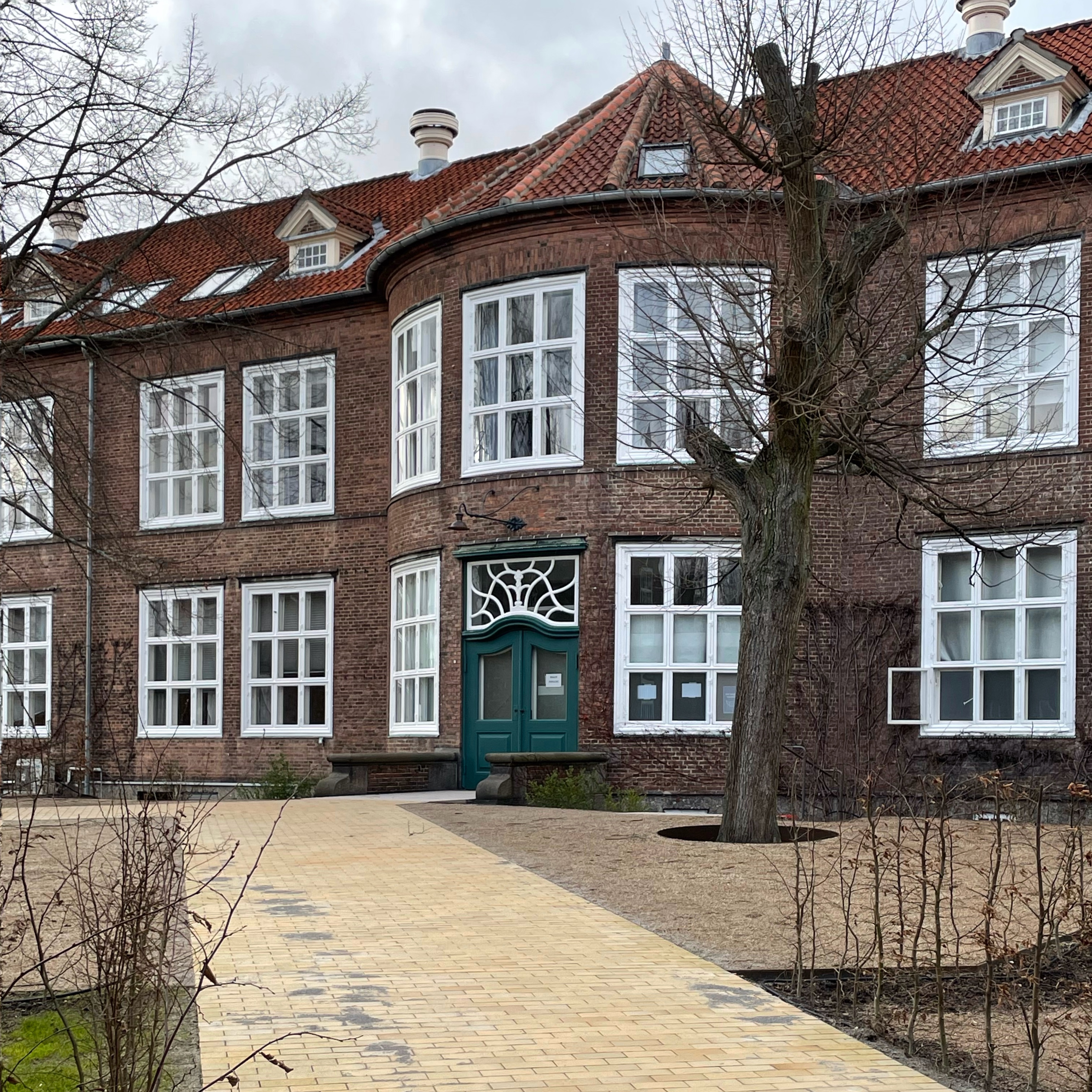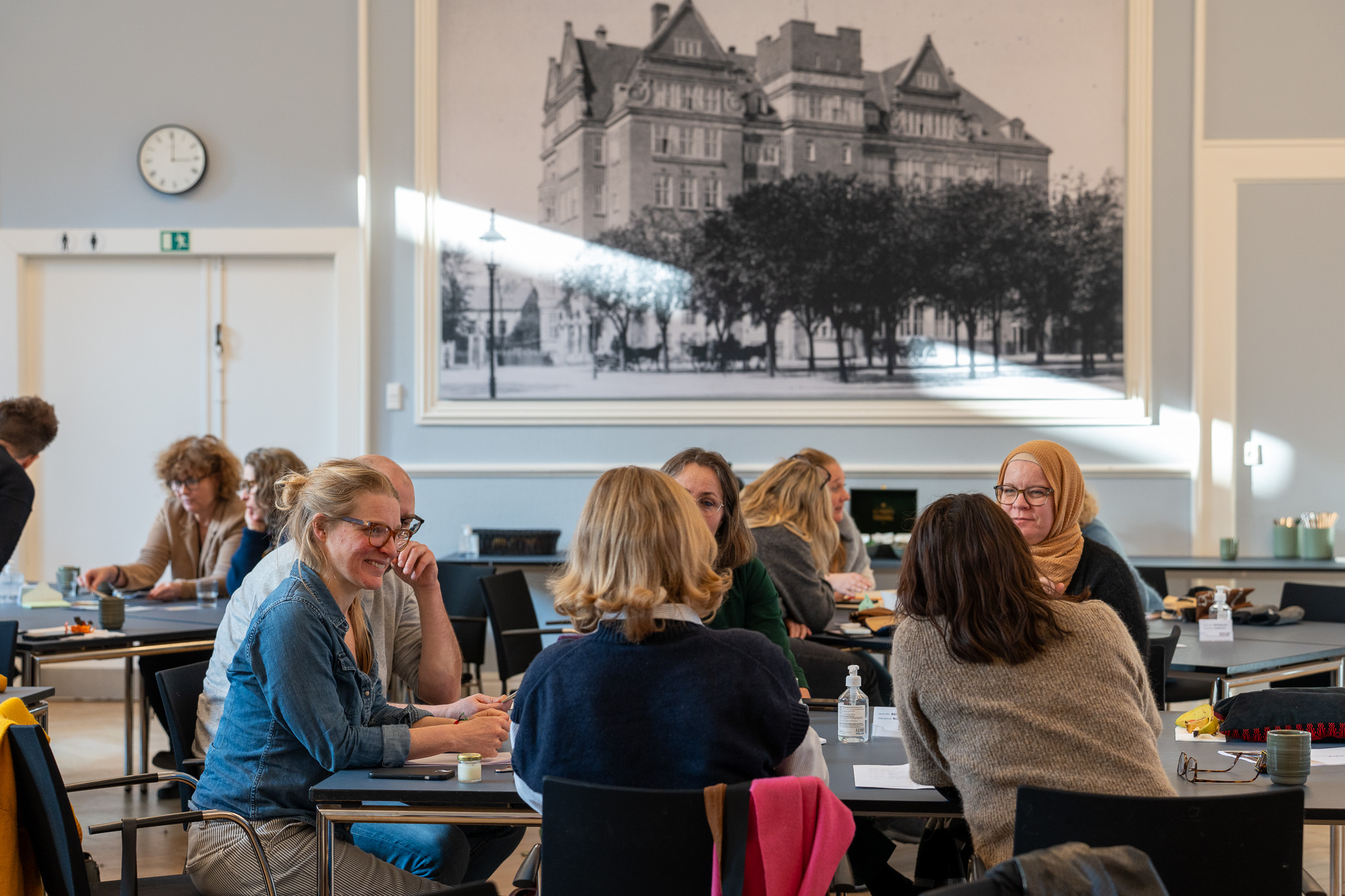
New book tackles the myth of the normal body

The myth of the normal body permeates every part of our society. It creates a new kind of discrimination -- ableism -- that author and disability researcher would like us to talk more about.
Have you ever wondered why there are so many stairs in our society? If not it's probably because our society is made for you and your body. With these words, disability researcher and postdoc at Aalborg University and the Bevica Foundation, Emil Søbjerg Falster, launches the book Ableisme — Power, the human vision and the myth of the normal body.
“Inequality in society works in many different ways, and much of it stems from blind spots and a lack of understanding of the people who live with variations, which is over 31%. We lack a language for that, and I would like to contribute to that,” says Emil Falster.
Ableism is discrimination on the basis of the favoritism of body-capable and “normal”, that is, all those who do not live with bodily, mental or neurological variations. It manifests itself at several levels of our society: in the decor of our cities, in the labor market, in the school system, and in politics.
“Inequality in society works in many different ways, and much of it stems from blind spots and a lack of understanding of the people who live with variations, which is over 31%. We lack a language for that, and I would like to contribute to that,” says Emil Falster.

With a foreword by the poet Caspar Eric, Emil Falster reviews how ableism is expressed in political rhetoric, in the labor market, in architecture, and in the education and health system. He further describes how ableism has consequences for our social interactions, and the author also offers suggestions on how we as a society can do away with ableism.
“I want us to have an open and constructive conversation about our blind spots and some of the challenges we as a society need to become more aware of. Here the concept of ableism is central.”
- Emil Falster
The book is initiated and funded by the Bevica Foundation precisely because society often overlooks the themes covered in ableism: bodily variation, the human view and the question of normality. This is stated by Marianne Kofoed, Director of the Bevica Foundation.
“We want to awaken the collective consciousness so that more people become aware of what really underlies the way we organize our society. We do this not to point fingers or place blame, but to become aware of our blind spots, so that we jointly develop a society that naturally embraces bodily diversity.”
Read more and buy the book here
Latest News
Follow the latest news from the Bevica Foundation below.



